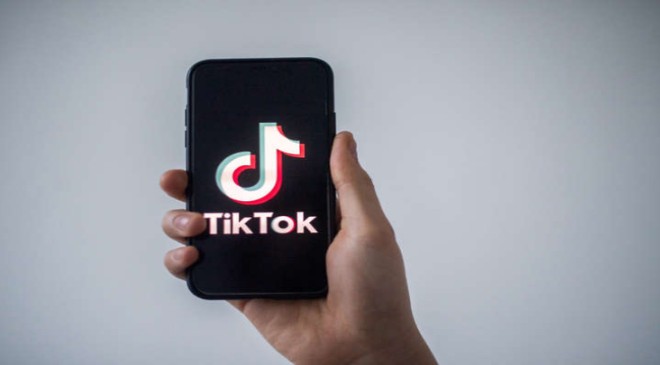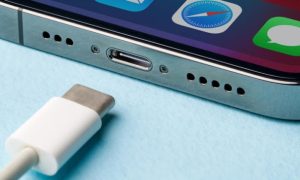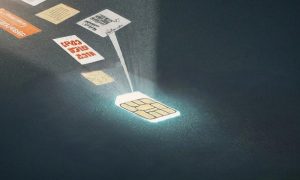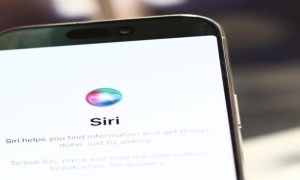A US judge on Monday upheld Texas’ ban on the use of the Chinese-owned short video app TikTok by state employees, including public university employees, on state-owned devices or networks.
Read More : How to use your smartphone camera for more than just pictures
The Knight First Amendment Institute at Columbia University filed suit in July arguing that Texas’ state government TikTok ban “is preventing or seriously impeding faculty from pursuing research that relates to TikTok.” US District Judge Robert Pitman rejected the suit, saying the Texas restriction was motivated by data protection concerns.
“Public university faculty – and all public employees – are free to use TikTok on their personal devices (as long as such devices are not used to access state networks),” he wrote. Pitman contrasted the ban to Montana which sought to ban all TikTok use in the state starting January 1 but was blocked by another US judge last month, ruling the state ban “violates the Constitution in more ways than one” and “oversteps state power.”
Read More : Your Daily Horoscope: Sunday, 10 December 2023
seeking to block the US state ban on several grounds. Among others, it argued that the ban violates the First Amendment free speech rights of the company and app users. More than 30 states and US federal agencies including the White House, Department of Defense, Department of Homeland Security, and the State Department have banned TikTok from government devices.
One billion users, but bans mount up for TikTok The TikTok ban on federal devices mandated by Congress in December 2022 does not apply if there are national security, law enforcement, or security research activities.
TikTok is owned by China-based ByteDance, the world’s most valuable start-up. Numerous countries have raised concerns over its proximity to the Chinese government and hold over user data across the world.
Read More : Democrats, Biden campaign condemn blocking of emergency abortion for Texas woman
TikTok, which has more than 150 million users in the United States, denies it improperly uses US data.





























